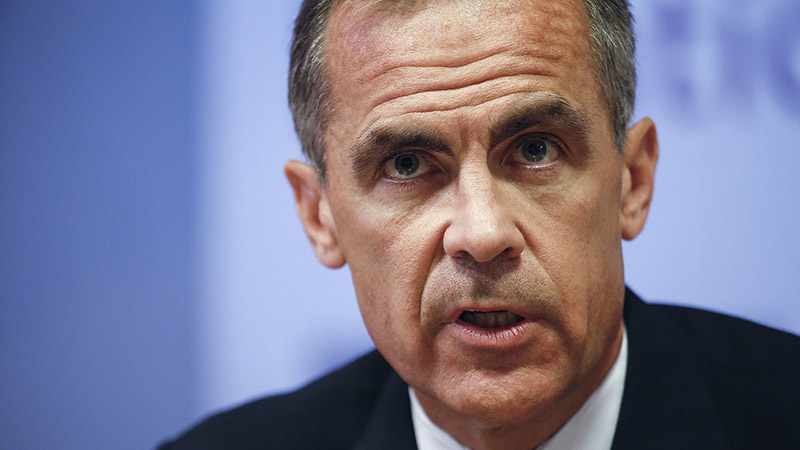Yen appreciation to bring concerns to Tokyo
 Since the start of the year the dollar has been in a downturn versus the Japanese Yen. There is clear support for the dollar at around 108.20 which is likely to hold firm. The strengthening of the Yen was a sure sign of a lessening of risk aversion long before the dollar’s recent rally driven by the correction being seen in equity markets. The currencies of countries with large trade surpluses like Japan and Switzerland tend to rally during a “risk off” period.
Since the start of the year the dollar has been in a downturn versus the Japanese Yen. There is clear support for the dollar at around 108.20 which is likely to hold firm. The strengthening of the Yen was a sure sign of a lessening of risk aversion long before the dollar’s recent rally driven by the correction being seen in equity markets. The currencies of countries with large trade surpluses like Japan and Switzerland tend to rally during a “risk off” period.
The strengthening of the JPY will concern the authorities in Tokyo as they have very little in the way of tools to arrest any currency strength and such strength is uniformly bad for their economy which is built upon their ability to export.
Stock markets are gradually stabilizing at lower levels, but the recent one-way street is likely to be gone forever as monetary policy starts to tighten. The Fed is expected to hike three times in 2018 although new Fed. Chairman Jerome Powell’s is yet to make a speech in which he outlines his views on monetary policy.
The current disruption of the currency market can be traced back to the World Economic Forum a month ago where there was the first discussion for some time of the U.S administration’s “dollar policy” which has been so prevalent in the past.
Barnier reinforces tough stance.
Michel Barnier the EU Chief Negotiator reinforced Brussels stance on Brexit on Friday commenting that a transition deal was “far from a given” and that the UK will find it hard to comply with the terms being offered by the EU. While Barnier didn’t go into details of where the two sides differ, the “road to Brexit” will be strewn with speed bumps.
The adherence of the UK to EU law and the treatment of EU citizens arriving in the UK during the transition are the most likely stumbling blocks to progress but it is how the departure from the customs union and single market that will bring the most heated discussion. The UK has been accused of cherry picking the parts of the single market it wants to be a part of and wants to protect at all costs the pre-eminence of the financial services sector.
Brussels on the other hand, driven by Frankfurt and Paris covets that pre-eminence as is desperate to wrest it away from London.
As negotiations continue the UK Government is striving to agree about the final agreement it wants to see. There are “soft-Brexiteers” who want to remain aligned to the EU while the more hawkish members want a clean break and immediate negotiation of separate trade deals.
UK Data to confirm jawboning?
 When Mark Carney gave his press, conference following last week’s MPC meeting it was in complete contrast to what was said when rates were hiked last November. The so-called “dovish hike” was designed to provide impetus to push inflation lower. That has worked to a certain degree although this week’s data will be further confirmation.
When Mark Carney gave his press, conference following last week’s MPC meeting it was in complete contrast to what was said when rates were hiked last November. The so-called “dovish hike” was designed to provide impetus to push inflation lower. That has worked to a certain degree although this week’s data will be further confirmation.
That made last week’s far more hawkish comments all the stranger and led to a questioning of the motives behind such jawboning. The economy is far from strong, growth is just about in positive territory and business investment has fallen off a cliff.
Reacting in a pre-emptive manner to the growth being seen in the global economy would appear to be superfluous if the UK is in no position to participate. The Bank of England seems to have removed itself from any acknowledgement that Brexit is happening and its responsibility to provide a basis for the economy to survive the initial shock. The only benefit from a series of hikes will be that they will be easily reversed when the economy starts to fall into recession once any transition is complete.
















